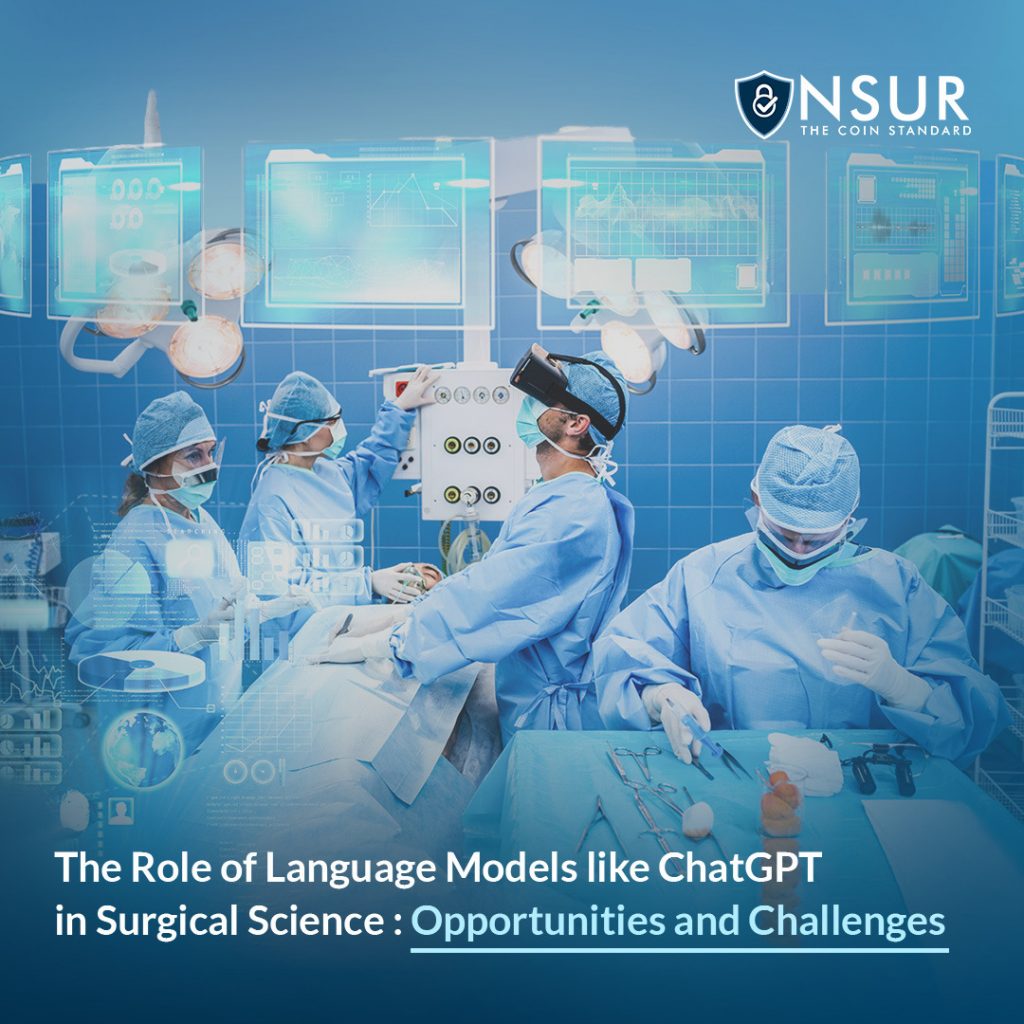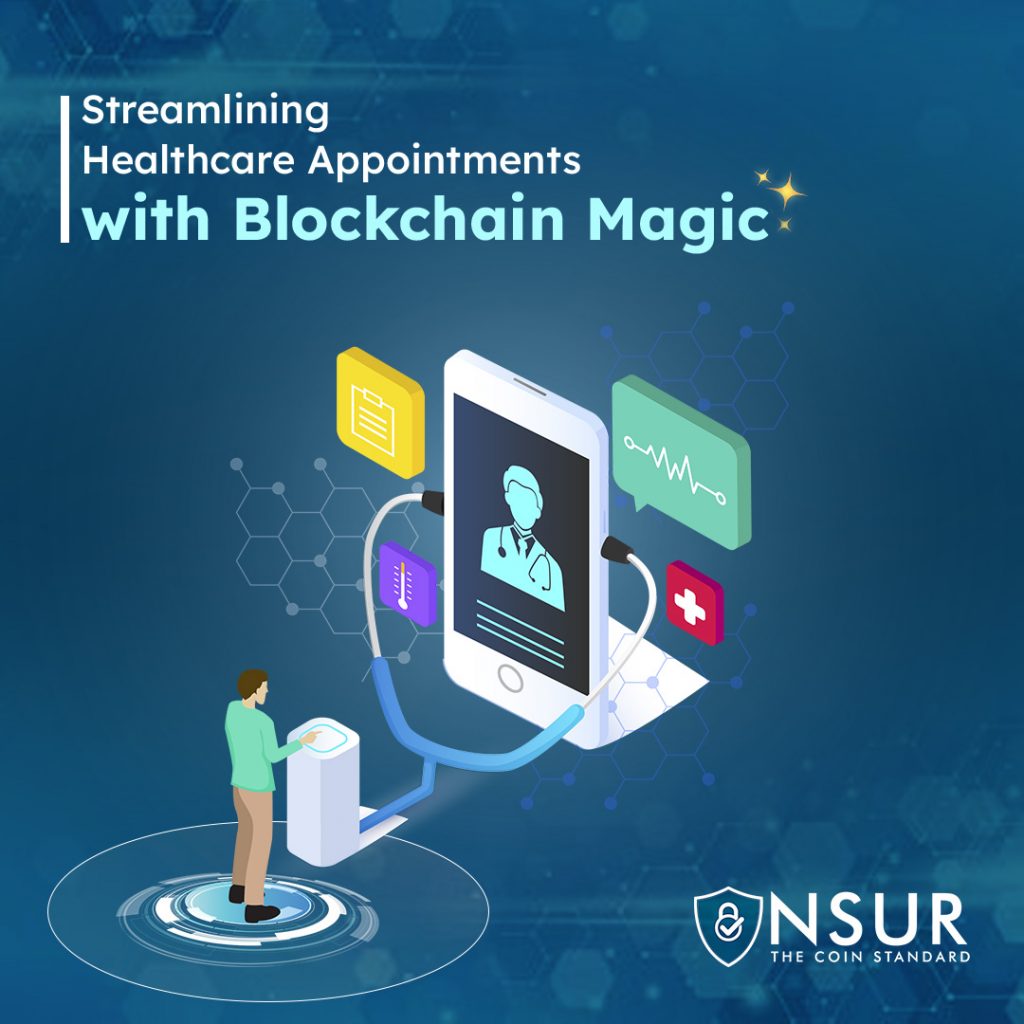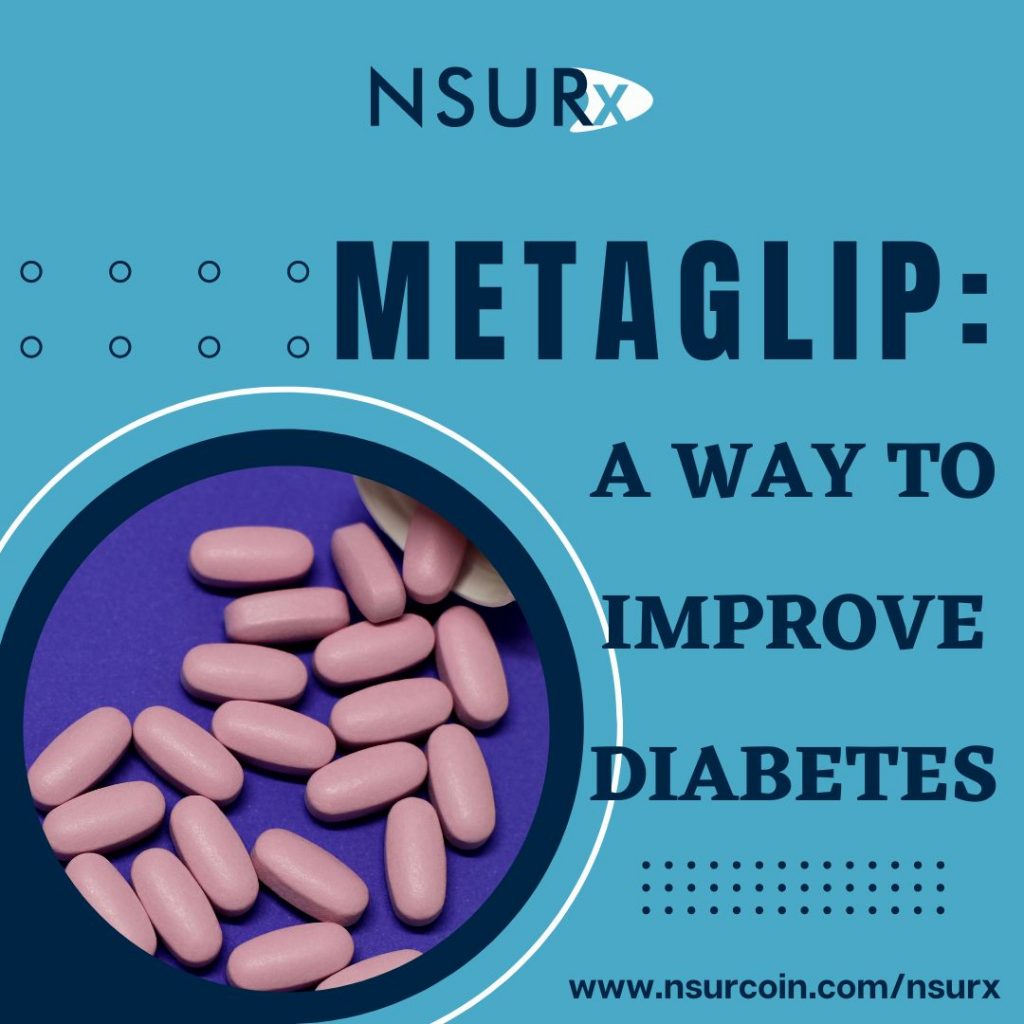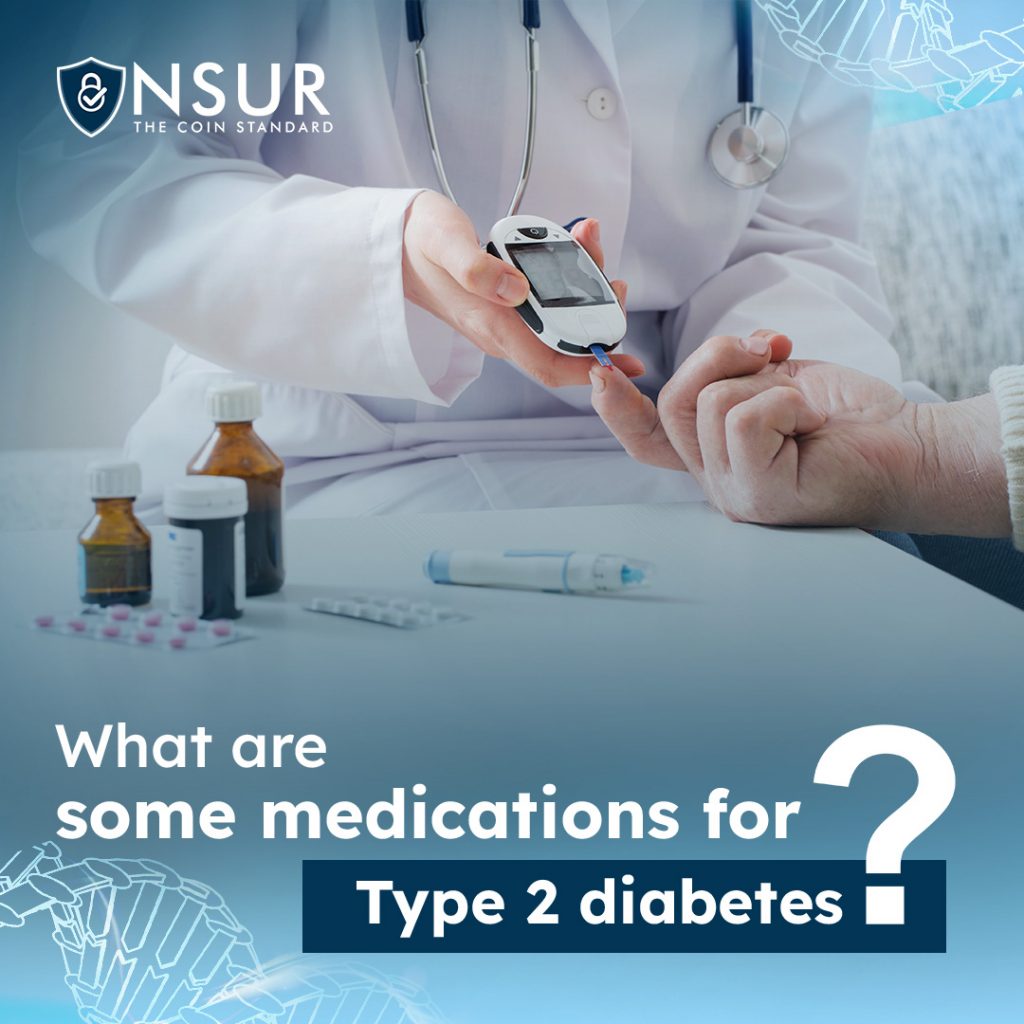
ChatGPT, a large language model (LLM) released on November 30, 2022, has garnered widespread attention for its ability to generate seemingly intelligent writing. This powerful tool has sparked debates on its potential applications and controversies. However, its potential impact on surgical science remains unexplored. This article will examine the potential role of LLMs like ChatGPT in surgical science from the perspective of surgical scientists involved in both clinical trials and artificial intelligence-based surgical research.
Understanding ChatGPT and its Applications
ChatGPT and similar models are transformer-based neural networks trained on vast amounts of text data. These models can be used to generate new text based on the given prompts, making them valuable tools for enhancing productivity and efficiency in various writing tasks. In surgical science, LLMs can be applied for tasks such as drafting research protocols, manuscripts, grant proposals, instructional materials, and patient education materials. Additionally, they can improve the quality of existing text and eliminate errors, making written materials more understandable for the intended audience.
Theoretical Applications in Surgical Science
In theory, LLMs could be integrated into clinical environments to automate data extraction from electronic health records or other data repositories. This could mitigate challenges associated with manual extraction and promote more efficient patient management. Furthermore, LLM strained on medical knowledge, like PubMed GPT and BioGPT, have the potential to be utilized in clinical decision-making. In a mature setting, LLMs could be integrated into clinical workflows, automatically evaluating patient information and producing patient management plans that surgeons can use as reference points or consider in their decision-making process. This could streamline the decision-making process, increase efficiency, and ensure patients receive optimal care.
Considerations and Challenges
Despite the potential benefits of LLMs, there are several important considerations and challenges to address. One significant issue with text generation is ‘neural hallucinations,’ where the model generates factually incorrect or nonsensical text. Surgeon-scientists should be aware of these limitations and carefully validate the model’s output.
Additionally, the potential introduction of biases into the model’s output should be considered. Thorough evaluation of the LLM output is essential to mitigate this risk. When using LLMs for research data extraction or patient management, it is crucial to approach their application with caution due to the ethical and legal implications. Clear guidelines and rules for their use in clinical settings must be established to ensure reliability and safety.











